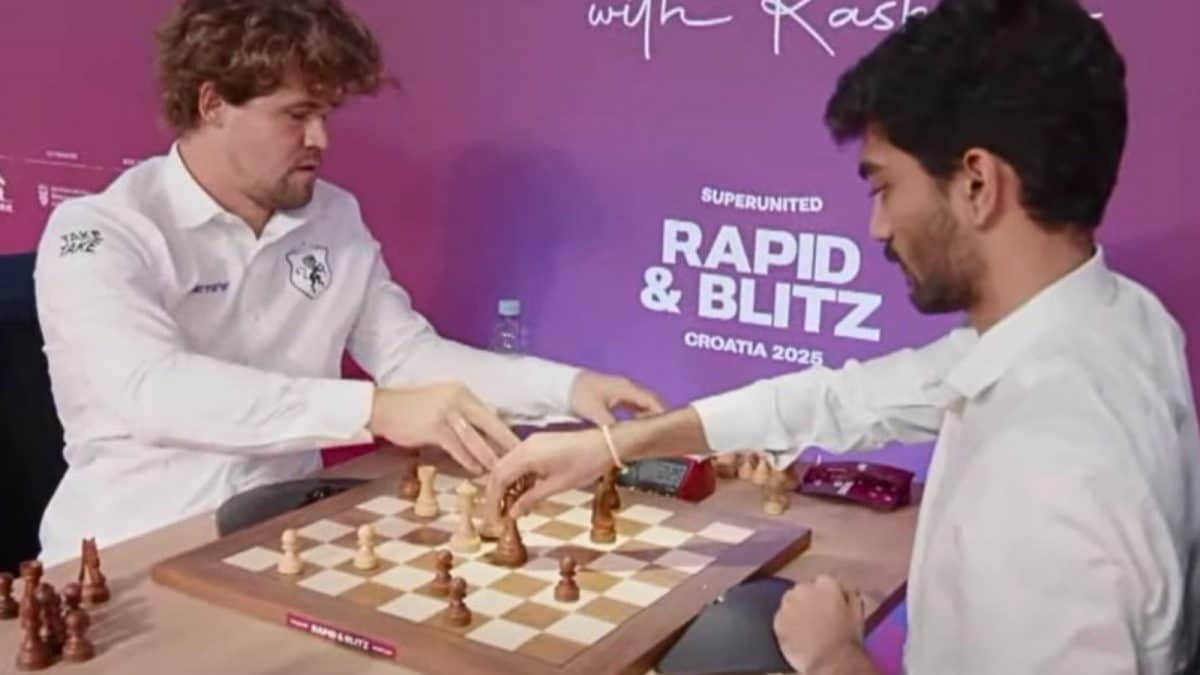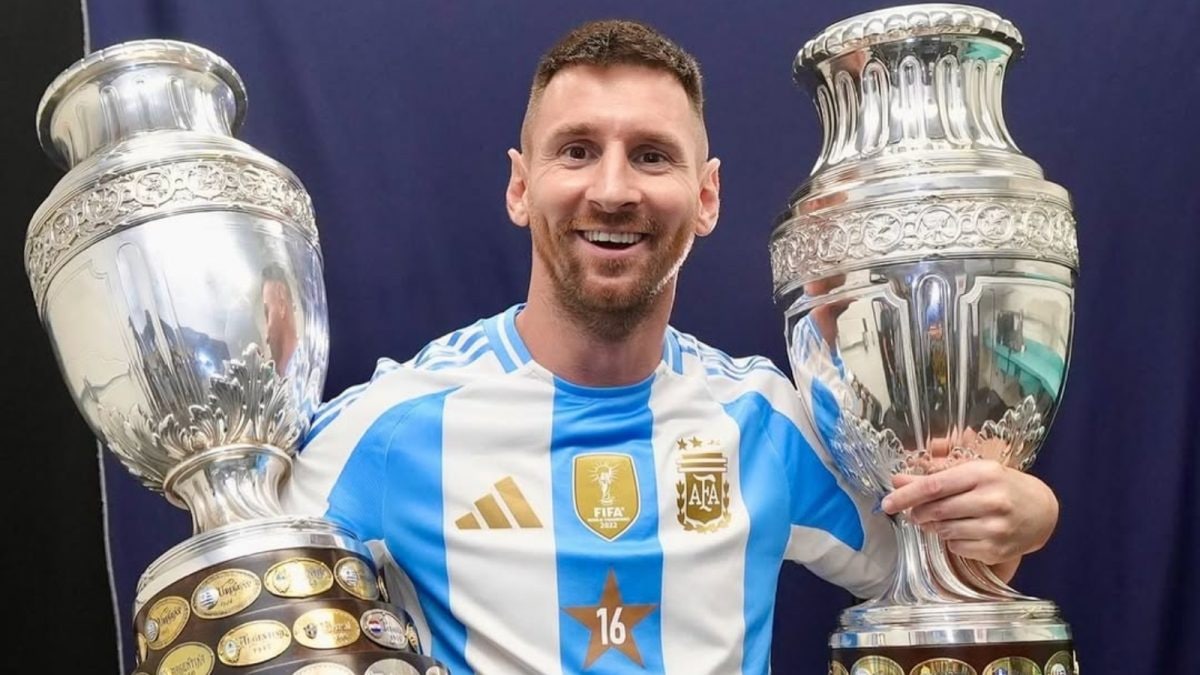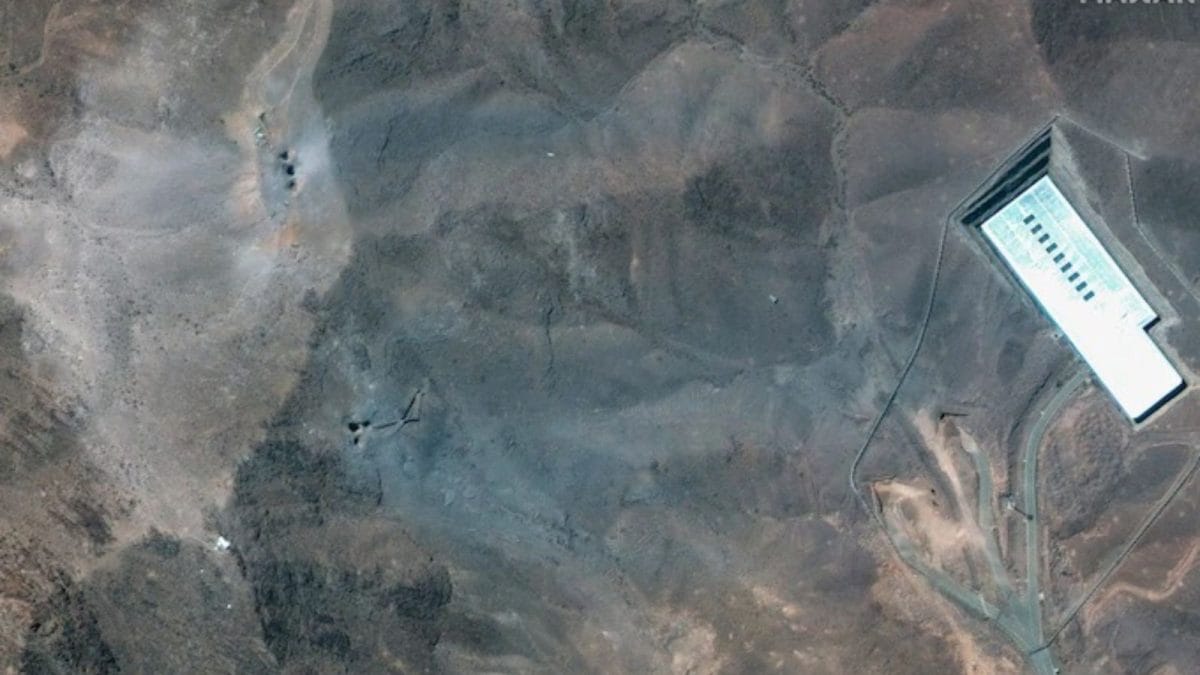ARTICLE AD BOX
The last goal he netted for his Liverpool on April 2 at Anfield was a quintessential Diogo Jota goal. He strolled in the shadows, in the anonymity of his bigger and trickier colleagues, before in the twitch of an eyelid, he exploded to life. A shot pass from Luis Diaz, a shorter return pass and he latched on to the end of a gorgeous back-heel from Diaz, dribbled past the towering centre back James Tarkowski, sped away from two onrushing defenders and blasted the shot into the bottom left-corner, wrong-footing goalkeeper Jordan Pickford. The Anfield erupted in joy for the man they called Jota the Slotter.
For one last time for Jota. Three more months and two days later, on July 3, a car accident in Spain killed him and his brother Andre Silva, a footballer plying in the second division of Portugal. A haul of 102 goals in 302 appearances for five different clubs, 14 in 49 games for Portugal, are numbers few professionals could dream, but he was only 28 and just hitting the peak years. His boots had more scores to goals, the arms more trophies to raise.
Only on those goal-scoring moments would the world notice Jota. You would forget how or when he scored, the movements and manoeuvres, the minimalism and ruthlessness, or whether he existed at all, until the moment the ball was on his feet, in the box and nicking the goal that mattered. Like his last goal. It was a scruffy game that seemed drifting to an inevitable deadlock, before Jota blew the kiss of life and sustained Liverpool’s momentum to lift the trophy, before he shrunk to the invisibility of the men around him.
Liverpool Football Club are devastated by the tragic passing of Diogo Jota.
— Liverpool FC (@LFC) July 3, 2025
He did not exude the aura of Mohammed Salah, the dynamism of Sadio Mane or the diligence of Roberto Firmino, but he was, when fully fit, indispensable to both Jurgen Klopp and Arne Slot. He scored only nine goals and assisted five more in another season plagued by muscular injuries, forcing Slot to call him from the bench. But twice he scored the match-winner, and twice his goals earned Liverpool the equaliser. Little contributions that mattered hugely to the Reds’ title march.
The year before, he was Liverpool’s best forward, stroking 15 goals and enabling his teammates to score five. Klopp praised his intelligence and versatility to play in a range of positions across the forward line. “He is a player who gives us so many options to use. He has the speed, he can combine with other players, can defend, can press. It gives us real options for different systems,” the German would say. He never slouched from defending too. “As an offensive player, to be involved in absolutely each defensive situation and still be a threat offensively. There’s no if/or, you can do both. Diogo is doing that,” Klopp said.
He was largely slotted on the left wing, though he was most productive at the centre, leading the line. On the wings, he was a different proposition, nippier and trickier, a blur feeding forward with incisive crosses. Championship sides would remember the havoc he wreaked on the flanks with Wolverhampton Wolves in the 2017-18 season, on loan from Atletico, registering 17 goals to help them earn promotion to the EPL after six years. He became an instant hero, a status he consolidated next year, shepherding Wolves to seventh place in the league. Inevitably, bigger clubs began jostling for his signature and Liverpool landed him in 2020.
Whereas he was considered Sane’s back-up, he soon challenged for the main role and became a regular. He took only eight minutes to convince his doubters, which he had many, with a clinical strike against Arsenal. Either for Sane or Firmino, giving Klopp a cutting edge. The year after, his haul of 21 goals in all competitions enabled the securing of the FA Cup and Carabao Cup double. His goal conversion rate was better than Salah (19.3 to 17.4 percent). Just don’t ask him how he did it. “It’s hard to explain, I try to be in the right place at the right time and that’s why I work. This kind of feeling, it just comes natural and that’s why I need to be there to help the team to score goals and make assists,” he once told Sky Sports.
Little wonder that he idolised Cristiano Ronaldo, even though the “small guy from Gondomar (in northern Portugal)” as he described himself had to pay to play until he was 16. Hometown club Porto considered him too frail and finally he ended up at the Pacos de Ferreira, a smaller club in the same neighbourhood. The club almost dropped him once, when it was diagnosed that he had a minor heart problem. “I knew it could mean quitting football, but I didn’t believe for a second that it was going to happen,” he later recollected. A few months later, he was cleared to play. Such setbacks only strengthened his dream, and a string of impressive performances at Pacos invited the attention of Atletico Madrid.
Story continues below this ad
 Tributes in memory of Liverpool player Diogo Jota at Anfield Stadium, home of Liverpool FC in Liverpool, Thursday, July 3, 2025.(AP Photo/Ian Hodgson)
Tributes in memory of Liverpool player Diogo Jota at Anfield Stadium, home of Liverpool FC in Liverpool, Thursday, July 3, 2025.(AP Photo/Ian Hodgson)
But he remained grounded. “The hard thing is not to reach the top of the mountain but to stay there. That phrase makes a lot of sense, certainly to me. It is the hardest bit because you always have people who want to reach there for the first time. You can never let them have more will than you,” he told Liverpool TV.
To his last game, the Nations League final, he remained true to his guiding philosophy. But he lost against the will of his fate. And he would no longer pop from the shadows.



.png)
.png)
.png)

























 English (US) ·
English (US) ·